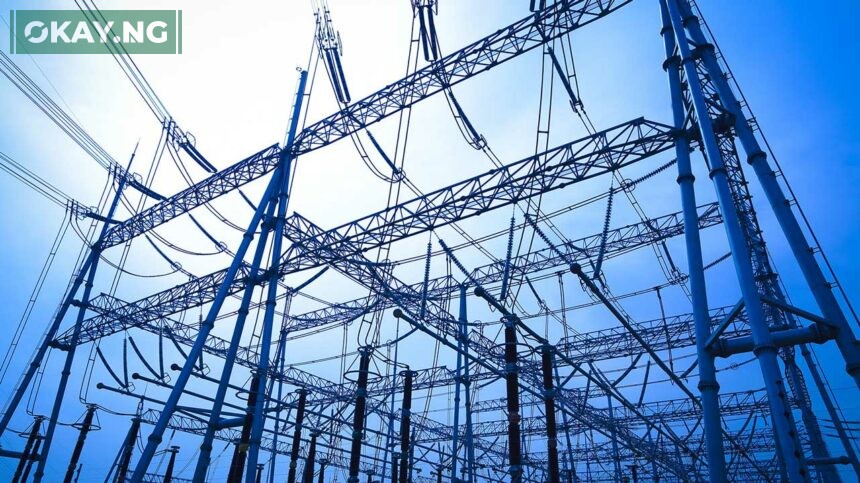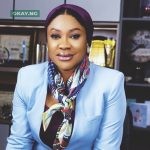The failure to activate the Power Consumer Assistance Fund (PCAF) this quarter has significantly worsened Nigeria’s already precarious electricity liquidity situation, pushing monthly power subsidies to a staggering N200 billion. This financial haemorrhage has left generation companies (GenCos) receiving a mere 39% of their invoiced amounts as of December 2024, raising serious concerns about the sector’s sustainability.
Adetayo Adegbemle, Executive Director of PowerUp Nigeria, while acknowledging the severity of the situation, offered a glimmer of hope. “While delays are regrettable, they offer an opportunity to refine PCAF’s design,” he stated, emphasizing the potential for recovery through strategic interventions. He suggested that the government urgently establish an emergency liquidity facility, backed by multilateral development partners or sovereign guarantees, to bridge the immediate financial gap.
“To bridge the PCAF gap, the government must immediately establish an emergency liquidity facility backed by multilateral development partners or sovereign guarantees,” Adegbemle asserted. This facility, he proposed, would temporarily alleviate the subsidy burden while accelerating the operationalization of the PCAF.
Furthermore, Adegbemle called on the Nigerian Electricity Regulatory Commission (NERC) to mandate distribution companies (DisCos) to ring-fence revenue from Band A customers, those paying higher tariffs, specifically for settling GenCos’ invoices. “NERC should simultaneously mandate DisCos to ring-fence revenue from Band A customers…ensuring at least 50 per cent payment compliance,” he explained, highlighting the necessity to prevent further erosion of investor confidence and maintain gas supply continuity.
Read Also: Nigeria’s Power Grid on Edge: Financial Strain Threatens Blackouts
For many, constant power outages translate to lost income, spoiled food, and compromised safety. The inability of GenCos to receive adequate payment directly impacts their ability to maintain operations, leading to further instability in the power supply.
Adegbemle also proposed innovative solutions to incentivize participation in the PCAF, such as tax rebates for industrial customers and priority access to monthly support for low-income households. “To incentivise participation, industrial customers could receive tax rebates for timely PCAF contributions, while low-income households gain priority access to the N5,000 monthly support,” he said. He further advocated for public campaigns to educate citizens about the benefits of the PCAF, aiming to foster greater acceptance and cooperation.
Beyond the immediate crisis, Adegbemle advocated for phased tariff adjustments, suggesting sub-band categorizations within Band A to align tariffs more closely with inflation and foreign exchange fluctuations. He also proposed a lifeline tariff buffer, funded by levies on high-energy commercial users, to protect vulnerable households from price shocks.
The persistent underperformance of DisCos, as Adegbemle pointed out, exacerbates the liquidity crisis. He called for stricter penalties for failures in metering, supply hours, and revenue remittance, advocating for the use of technology for real-time monitoring.
“Macroeconomic volatility remains a root cause of tariff instability,” Adegbemle noted, emphasizing the crucial role of the Central Bank of Nigeria (CBN) and the Ministry of Finance in stabilizing the naira and curbing inflation. He also suggested a dedicated FX window for gas purchases and GenCos’ debt settlements to mitigate pricing distortions.
In the long term, Adegbemle stressed the importance of accelerating the transition to renewable energy and decentralized grids to reduce reliance on imported gas and insulate the sector from external shocks. As reported by the International Renewable Energy Agency (IRENA), diversifying energy sources can significantly enhance energy security and reduce reliance on volatile fossil fuel markets.
The situation is complex, but it’s not insurmountable. With decisive action, strategic policy implementation, and collaborative efforts from all stakeholders, Nigeria can navigate this crisis and build a more resilient and sustainable power sector.













